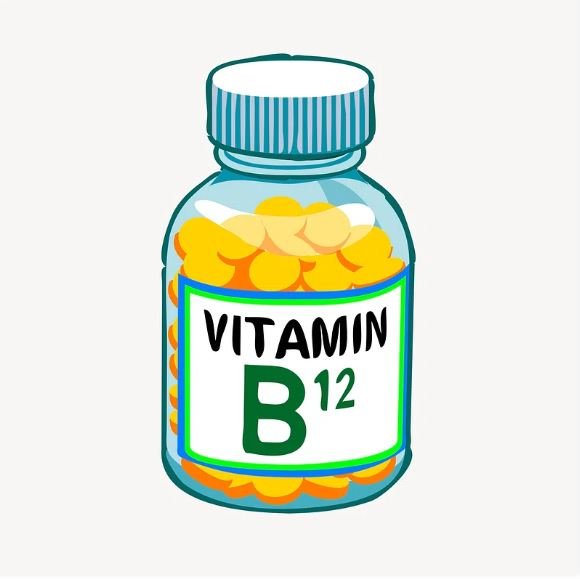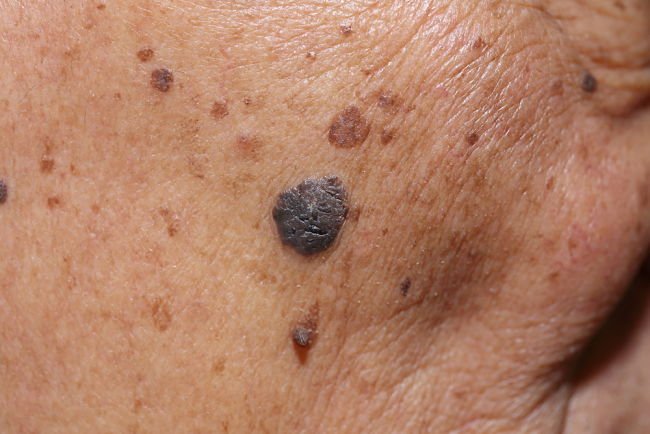If you are looking to prevent cancer, consider these 5 vitamins

The World Health Organization estimates that one in six deaths is attributable to cancer. In 2017, the number of new cancer cases reported reached almost 1.7 million. In this same year, cancer claimed the lives of more than 600,000 people. If you are looking to prevent cancer, consider, among other things, covering your diet with these 5 vitamins.

Table of Contents
Chemotherapy for cancer.
Many doctors won’t admit it, but many cancer treatments do little to eradicate the disease. Take chemotherapy, for example. It is probably the most widely prescribed treatment for adult cancer in the world. Do you want to guess the success rate of chemotherapy? (Hint: it’s much, much lower than you think), 2 to 3 percent. That’s. Put another way, chemotherapy fails 97 to 98 percent of the time. Be aware of the horrible side effects of treatment, and it’s no wonder why more cancer patients are going a different route.
Potential causes of cancer.
You probably won’t be surprised to learn that cancer can be caused by a host of factors. The most common include tobacco use, nutritional deficiencies, poor diet, lack of exercise, and sexually transmitted diseases. Other causes can be exposure to toxins, alcohol abuse, being overweight or obese and, to some extent, genetic predisposition.
As you read the list, you will notice that we have some control over many of the leading causes of cancer. In other words, we could, in some cases, prevent cancer. For example, tobacco use is responsible for about 22 percent of all cancer deaths globally. This adds up to approximately 132,000 people in 2017 alone.
The role of vitamins and nutrients in preventing cancer.
As mentioned, diet plays a key role in cancer prevention. Eating a well-balanced diet and exercising regularly can eliminate two risk factors. Being overweight and obese. With this in mind, let’s discuss five vitamins and nutrients that can help prevent cancer:
1. Vitamin D.
Research shows that people who receive regular amounts of vitamin D have a lower risk of cancer. Unsurprisingly, large numbers of people in developed countries do not get enough of this crucial vitamin.
More than 90 percent of the average person’s vitamin D comes from the sun. Fatty fish, low-fat milk, orange juice, cereals, beef liver, cheese, and egg yolks are good sources of vitamin “D”. You can also find many high-quality vitamin D supplements.
2. Omega-3 fatty acids.
Chronic inflammation has been linked to the growth of multiple cancers. Unhealthy inflammation suppresses the immune system, putting us at a higher risk of developing all kinds of ailments.
Omega-3 fatty acids act as a powerful and natural anti-inflammatory. In addition, they can reduce the risk of cancer. In a 2015 study, women who regularly consumed EPA and DHA, two forms of omega-3s, had a lower incidence of breast cancer than women who did not.
3. Vitamins A, C and E.
Vitamins A, C and E are powerful antioxidants. The National Cancer Institute in the United States reported that these vitamins scavenge harmful free radicals. If free radicals are at high levels, they can damage cell components, including cell membranes, DNA, and proteins. This can accelerate the development of cancer.
Laboratory studies show that antioxidants, including vitamins A, C and E, prevent the variety of bodily damages caused by the formation of free radicals. As a result, many researchers believe that antioxidants can fight the growth of cancerous tumors. Of course, they must be taken consistently.
4. Polyphenols.
Polyphenols are plant chemicals that act as antioxidants and anti-inflammatories. Some research shows that drinking green tea, which is a powerful source of polyphenols, can significantly reduce the risks of various types of cancer. This includes cancer of the breast, bladder, esophagus, ovaries, and pancreas.
The only caveat is that green tea extracts don’t seem to be of particular help. Drinking high-quality, unsweetened green tea may be the best option. If you take prescription medications, be aware that the properties of green tea can cause reactions. Please be sure to do your research or consult with your doctor.
5. Curcumin.
Curcumin is the active ingredient in turmeric, a common spice used in many Indian dishes. Studies show that curcumin possesses powerful anti-cancer properties. They can potentially neutralize cancer cells and prevent them from growing more. To date, curcumin has been shown to be effective against bowel cancer, breast cancer, skin cancer, and stomach cancer.
Curcumin also serves as a powerful anti-inflammatory agent. Naturally, it can increase antioxidant levels in the body. Finally, curcumin can increase the number of neural connections in the brain. This can help delay or possibly reverse age-related cognitive decline.
Conclusions.
We face many factors in this world over which we have little control. However, we can stay positive knowing that we do have control over other aspects of our health and well-being. If improving your diet with these vitamins can help slow or prevent cancer, it’s worth a try, right?


